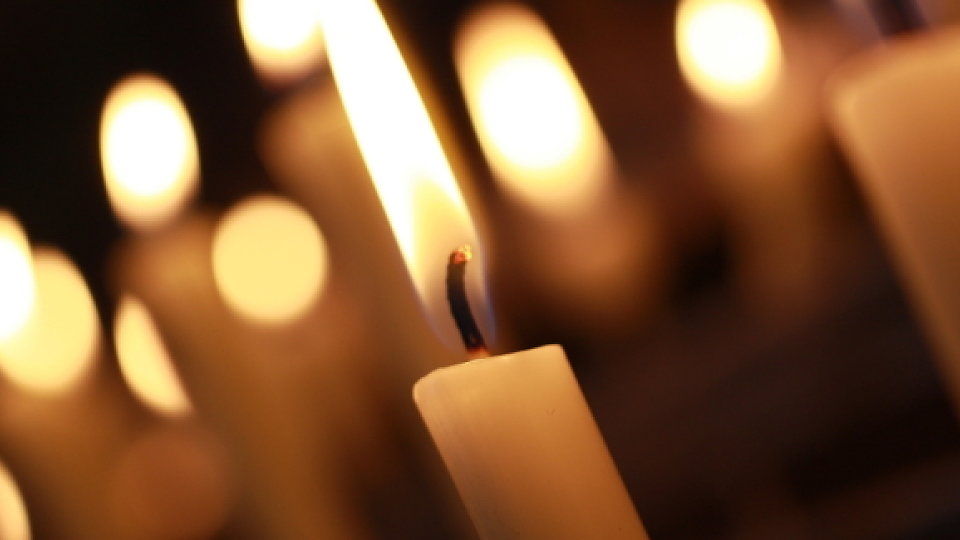The Light of the World
In the beginning was the Word, and the Word was with God, and the Word was God. He was in the beginning with God. All things came into being through him, and without him not one thing came into being. What has come into being in him was life, and the life was the light of all people. The light shines in the darkness, and the darkness did not overcome it. (John 1:1-5)
No one knows when Jesus was born. December 25 was chosen not because someone had a copy of Jesus’ birth certificate, but because, as the early church pondered when to celebrate Jesus’ birth, the winter solstice seemed the perfect time. (Under the old Julian calendar the winter solstice was set as December 25. The Gregorian calendar we use has the winter solstice occurring in the Northern Hemisphere on December 21/22, but this calendar was not adopted until the 1500s.) They chose this time, I believe, not because it was already a pagan festival, though it was. I believe they chose this date because on this night the heavens themselves seemed to tell the Christmas story.
At the winter solstice, the world seems to change. Up to that day, the nights have been growing longer and the days shorter. Darkness has been defeating the light. But after the winter solstice, the days grow longer and the night grows shorter. Light overcomes darkness.
We are most familiar with Matthew and Luke’s telling of the Christmas story; but John, too, tells the story of Christmas. He does not include shepherds or angels or wise men. He tells the story thus: “In the beginning was the Word, and the Word was with God and the Word was God. . . . What has come into being in him was life, and the life was the light of all people. The light shines in the darkness, and the darkness did not overcome it.” When better to celebrate the one who himself was light, who defeated the darkness, than on the winter solstice!
We observe candlelight services at Christmas in part to commemorate the triumph of light over darkness that happens through Jesus Christ. The candlelighting portion of the service begins by extinguishing all the candles and turning out the lights in our sanctuary. We stand in the darkness, recalling the moments in our lives and in our world when darkness has seemed palpable. You can’t appreciate the light of Christ that comes to us at Christmas until you’ve first felt and known the darkness.
Finally in our candlelight service, we bring in one candle from the back of the room—the Christ candle—representing Jesus himself. We then begin to pass the candlelight throughout the room, lighting one another’s candles as we sing “Silent Night.”
When we finish passing the light, we invite everyone to hold their candles high in the air, and we all just look around. The room that was pitch dark a few minutes before is now filled with the soft glow of candlelight. And this, we note, is the point of Christmas—God came to us in Jesus Christ to dispel the darkness with his light. Hate, violence, bigotry, war, poverty, disease, and even death seem so often to rule the world. But Jesus came to show us that God is, that God loves, and that hate and evil will not ultimately prevail.
I remind the congregation as we stand holding our candlelight that at one point in his ministry Jesus said, “I am the light of the world!” But as he called his disciples and invited them to follow, he said to them, “You are the light of the world. A city built on a hill cannot be hid. No one after lighting a lamp puts it under the bushel basket, but on the lampstand, and it gives light to all in the house. In the same way, let your light shine before others, so that they may see your good works and give glory to your Father in heaven” (Matthew 5:14-16).
In this moment we see that Christmas is not only a gift from God—light piercing our darkness—it is also a calling from God to take his light into the world by our acts of love, mercy, and justice. At Christmas we are invited to receive Christ’s light, but not only to receive it. We are invited to bear the light, to walk in the light, and to take the light into the world.
Merry Christmas!
This post is an excerpt from Walking the Road to Bethlehem.



Comments
blog comments powered by Disqus